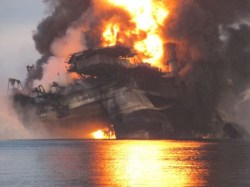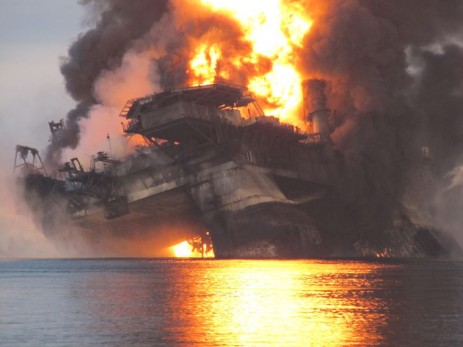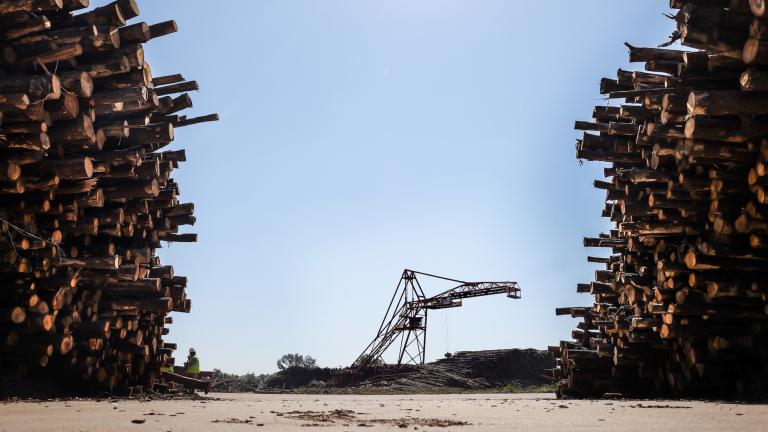 Following the Deepwater Horizon explosion and spill in 2010, BP used more than 1.8 million gallons of chemical dispersants in an effort to break up the oil. The dispersants also wiped out plankton, according to a new study.
Following the Deepwater Horizon explosion and spill in 2010, BP used more than 1.8 million gallons of chemical dispersants in an effort to break up the oil. The dispersants also wiped out plankton, according to a new study.
From the Associated Press:
For the study, Alabama researchers pumped water from Mobile Bay into 53-gallon drums, then added oil, dispersant or both in proportions found during the oil spill to simulate the spill’s effects on microscopic water-life in the bay. …
The researchers found that, within days, the numbers of plant-like phytoplankton and ciliates — plankton that use hairlike cilia to move — increased under an oil slick. But they dropped significantly in the drums with dispersant or dispersed oil, while the numbers of bacteria increased. …
“In those tanks, all of the energy seems to get trapped in the bacterial side. There were lots of bacteria left but no bigger things. It’s like the middle part of the food web is taken away,” said lead researcher Alice Ortmann of the University of South Alabama and Dauphin Island Sea Lab.
It’s not clear how the effects researchers observed might play out in the real world. As one researcher notes, fish populations didn’t demonstrate big negative impacts until years after the Exxon Valdez spill.
Speaking of impacts for years, BP is still taking a hit from the spill. Over the last fiscal quarter, the oil giant laid out $847 million on spill-related costs, contributing to a $2.2 billion loss. Unlike a huge part of the marine food web, BP is expected to survive.
The company does still have enough money for marketing and patriotism. Please know that British Petroleum is deeply committed to the U.S. Olympic team, despite being British. What a coup for us!
Too bad plankton aren’t on Team USA.




